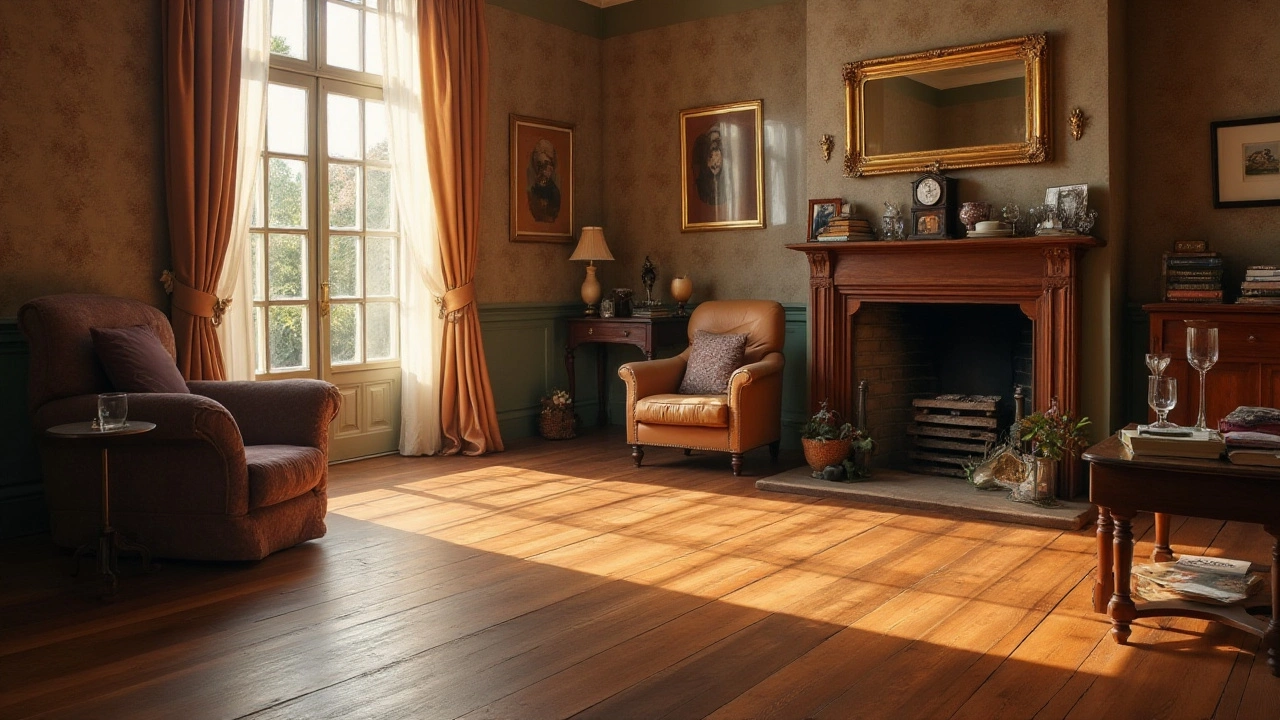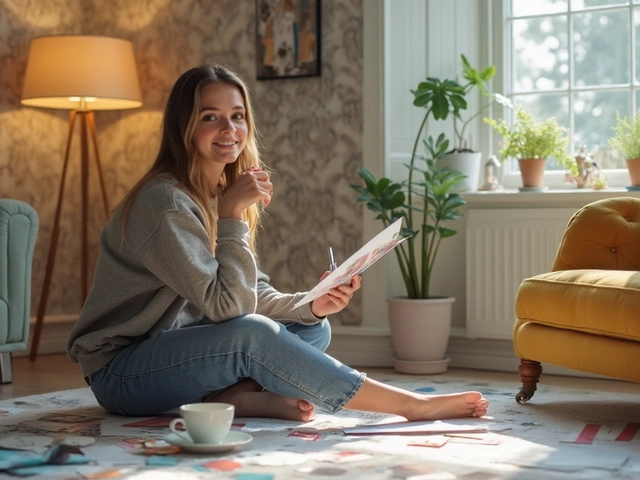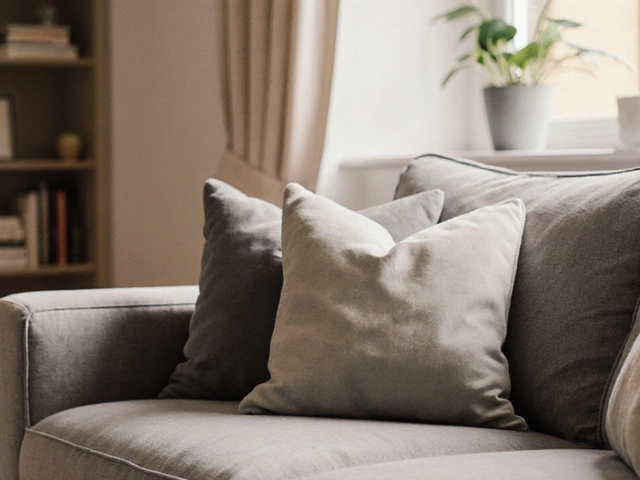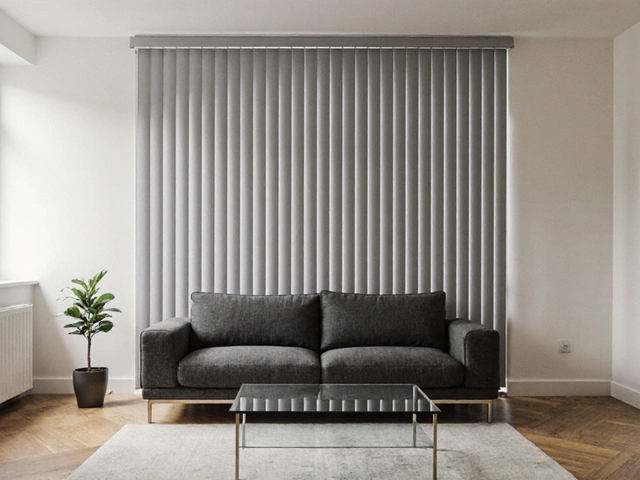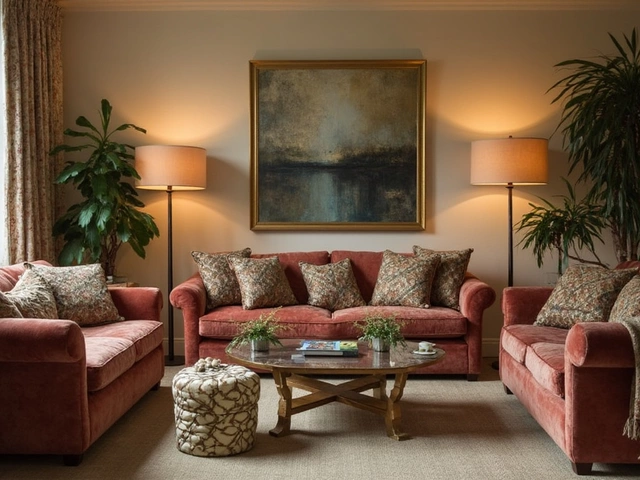Wood Flooring Colors: How to Pick the Right Shade for Your Home
Choosing a wood floor isn’t just about durability – the colour sets the mood of the whole space. A light oak can make a small room feel airy, while a dark walnut adds depth to a large living area. Below you’ll find simple ways to match colour with style, size, and lighting.
Popular Wood Flooring Colors and Where They Work
Honey‑tone oak – Warm amber hues are great for family rooms. The colour reflects natural light, so even a dim corner feels brighter. Pair it with neutral walls or soft pastels for a relaxed vibe.
Natural maple – Light, slightly creamy shades work well in modern kitchens. They blend with stainless appliances and keep the space feeling clean. If you love a minimal look, stick to white or light‑gray cabinets.
Gray‑washed ash – Cool gray tones suit contemporary lofts. They look sleek with black metal furniture and help a room feel more sophisticated. Use rugs or throws in warm tones to avoid a too‑cold feel.
Dark walnut or espresso – Deep browns bring drama to larger rooms like dining areas or master bedrooms. They hide scratches better than light wood and pair nicely with gold or brass fixtures.
White‑washed pine – Almost pastel, this colour works in coastal or farmhouse styles. It reflects daylight, making breezy spaces feel even brighter. Keep accessories simple to let the floor be the star.
Tips to Choose the Right Shade for Your Space
1. Consider room size. Small rooms benefit from light colours that push the walls back. Big rooms can handle dark shades without feeling cramped.
2. Check natural light. Test a wood sample near a window. If the room gets a lot of sun, dark wood won’t look as heavy. In darker rooms, choose a lighter tone to avoid a cave‑like feeling.
3. Match existing furniture. Wooden tables, sofas, or cabinets should either complement or intentionally contrast the floor. A light floor with dark furniture creates a balanced look.
4. Think about future style changes. Neutral colours like oak or gray stay timeless. Bright or very dark tones can lock the look into a specific trend.
5. Test with samples. Lay a few board pieces in different spots – near a door, under a window, and in a corner. Live with them for a day to see how they age with light.
When you’ve narrowed down the colour, look for a finish that matches your lifestyle. Matte finishes hide fingerprints, while glossy finishes highlight grain but need more care. Choose a finish that fits both the look you want and the amount of traffic the floor will see.
Remember, the right wood flooring colour does more than look good – it ties the whole room together. Use these tips, test a few samples, and you’ll end up with a floor that feels just right for your home.

